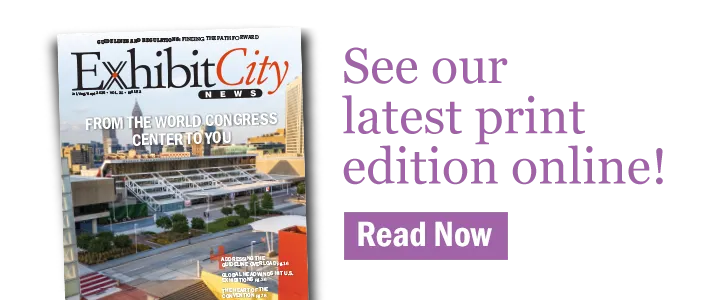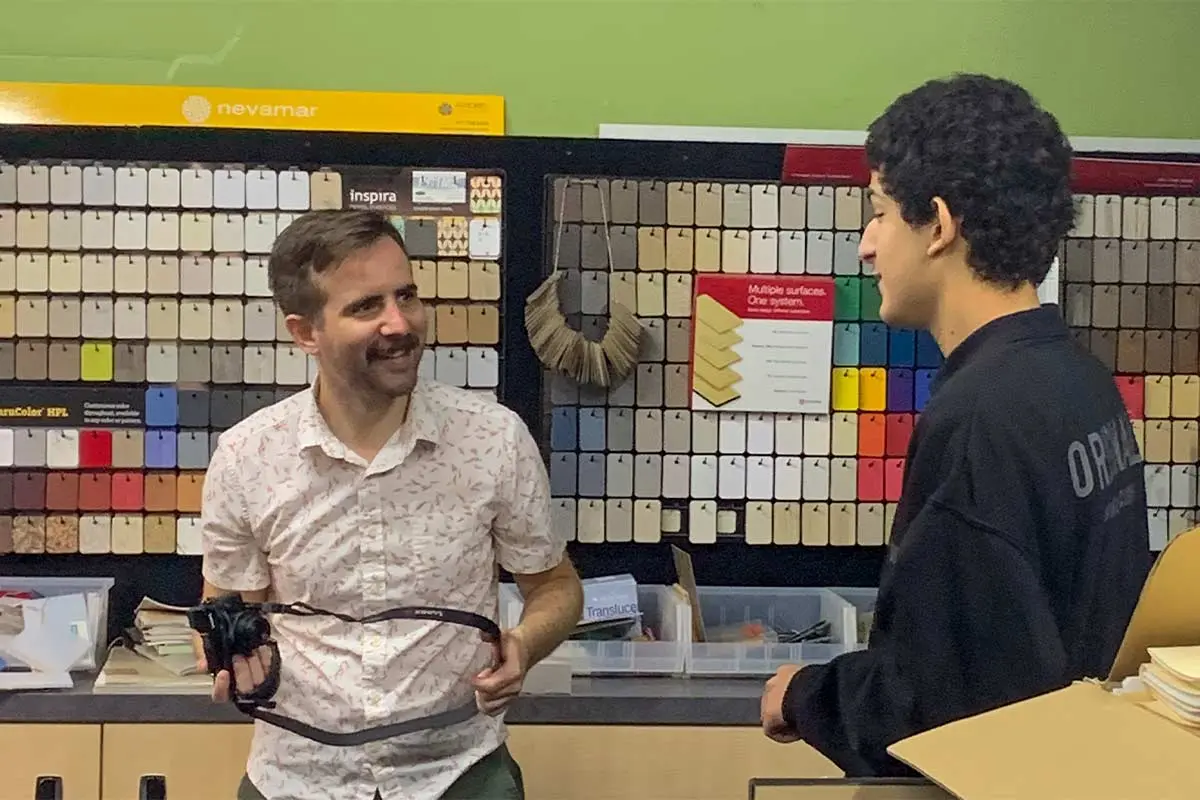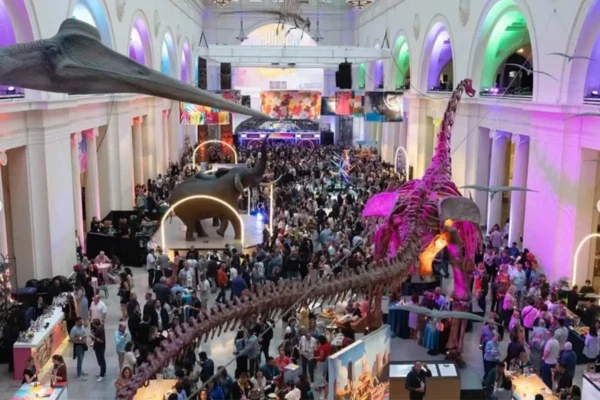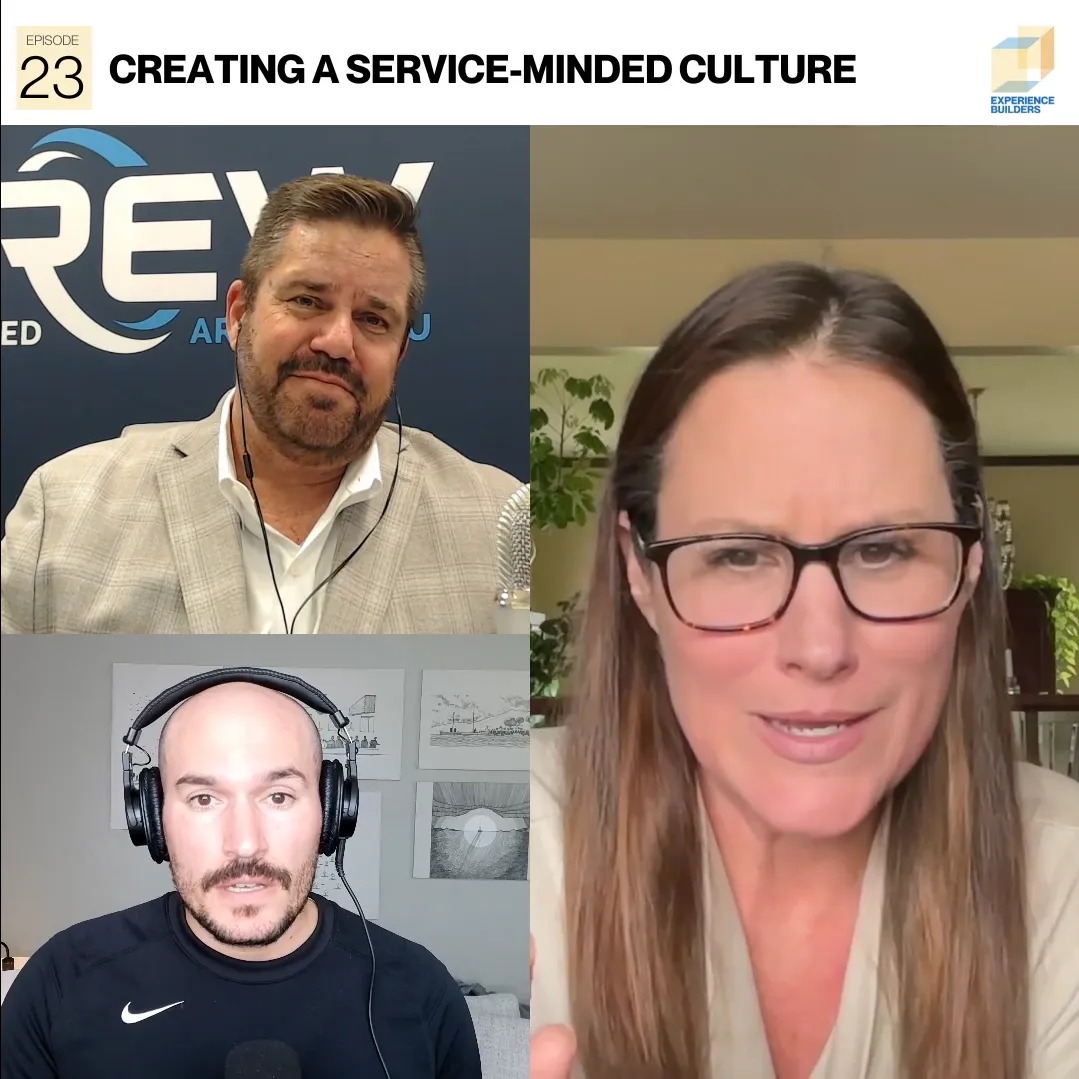The Importance of Mentorship in Workforce Development
by Sam Ogren
Eighteen students sat in our training room, empty pizza boxes and full notepads on the tables in front of them. They’d completed a facility tour, sat through a presentation by our staff, and indulged us through thought experiments about brand guidelines and engagement tactics. The floor was theirs to ask us anything about our jobs, industry, or career paths.
“Can I make good money?” “Would I be able to take care of my family?”
Hearing these questions from a 16-year-old took me aback. When I was 16, I was dreaming of some nebulous idea of university and a career. Such direct and practical questions from a teenager made me wonder what their future would be like, already laser-focused on their path ahead. It sparked hope in me—hope for the future of our industry.
As our industry continues to grow and the people who build our exhibits keep aging, we need to shift some of our recruitment from the keyboard to the toolbox. In an era of influencers and Bitcoin billionaires, attracting young people to swing a hammer or drive a forklift feels like paddling a canoe in a powerboat race. How do we develop the next generation of craftspeople and laborers? We do it the way we do for the audiences on the show floor: we engage them.
Trade and vocational schools are full of future colleagues. Pragmatic and motivated, these students are already focused on being hands-on in building their own futures. They are not looking for distant promises of corner offices and stock options; they are looking for an honest wage for an honest day’s work. They are looking for a foundation on which to build their adult lives. They are looking for the type of future learning a trade can offer—and we need to attract them to our work and educate them on the opportunities it holds.
Going to job fairs and speaking to these students puts our people in front of them but bringing them into our offices and departments puts them into our work. Working alongside students, our experience and their perspectives come together to affirm their choice to pursue a career in events. Mentorship matters.
A behind-the-scenes look at how we do our jobs, seeing our teams in action as we tackle challenges and create solutions, opens their eyes to the possibilities. Standing among the sawdust and beMatrix frames of in-progress exhibits, grow interest. They ask challenging questions about what they see and hear, moving past our canned corporate talking points and eliciting genuine responses. They want to be shown the opportunities, not just be told what may be. They look to the future and force us to do the same.
From these shadow days to semester-long programs where they create exhibits, we can be involved in developing students into colleagues.
Working side-by-side with our professionals, they learn new skills and see what success looks like. Working side-by-side with these students, we learn what this next generation values, how they think, and how they will change our audiences and industry. We become invested in their growth, give them our perspective, and embracing theirs in return.
Being a mentor doesn’t mean being all-knowing with an answer to every question. It’s not about passing down every crumb of knowledge to be memorized and repeated. Mentorship is mutual respect for what has been done and what could be, while building a relationship where knowledge and inspiration flow both ways. Mentorship is support, professional and personal, to quell worries with experience and to stimulate new ideas with new perspectives. Being a mentor opens your eyes to new solutions for today’s challenges and prepares the next generation for challenges unknown.
The future is uncertain. We don’t know what will happen in 10 years, 5 months, or in the next hour. All we can do is prepare. One thing is guaranteed: time will continue moving forward. We’ll all turn towards sunny beaches or midday retirement naps, and the next generation will take our places at desks and workbenches. We cannot predict what challenges they will face, but we can prepare them with the lessons we learned from our own. We can be there for them now, preparing them for when we are not.
So, the next time a student asks me, “Can I be successful in this industry?” I know what I’ll tell them: “Yes, you can. Let me show you how.”
This story originally appeared as a truncated version in the Q1 2025 issue of Exhibit City News, p. 32. For original layout, visit https://issuu.com/exhibitcitynews/docs/ecn_q1_2025/32.































